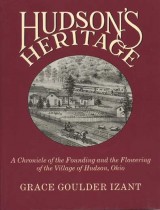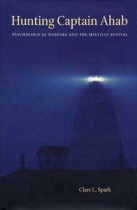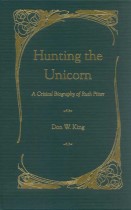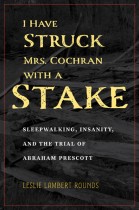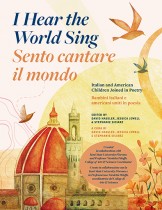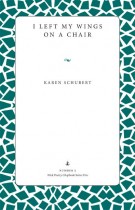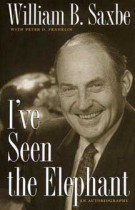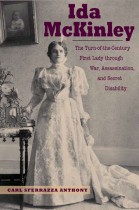How to Paint the Savior Dead
Jason Gray | Filed under: Poetry, Wick Chapbook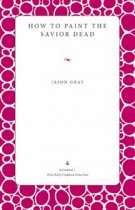
“Jason Gray’s How to Paint the Savior Dead rethinks the complex traditional connections among women’s bodies, spirituality, and art. Gray is not afraid of hard work, hard thought, and big vision just because the subject of his fascination has been both exalted and besmirched by tradition, both enriched and impoverished by the hands of our predecessors. Gray throws himself into the mix of muses, amore, and immortality with more—much more—than common wit, passion, and intelligence. As he separates out mortal beauty from immortal, he ignores, as one of his poems says, ‘what is heavenly for what is Heaven.’” — Andrew Hudgins

